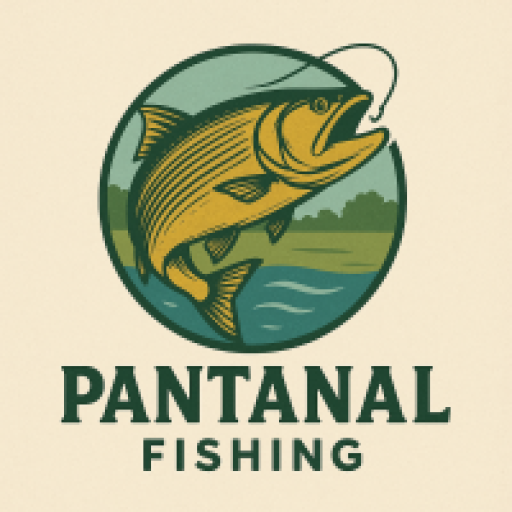When visitors travel to the Pantanal for its world-renowned fishing, they often leave with more than just tales of golden dorado and giant catfish. They also take home stories of people, traditions, music, and food—elements that make the Pantanal a deeply cultural as well as natural destination. Fishing is not just a pastime here; it is a way of life, passed down through generations of Pantaneiros, the local people of the wetland.
The Pantaneiro Identity
Pantaneiros are a mix of Indigenous, Portuguese, and other settler ancestries. Their way of life is defined by the wet and dry rhythms of the land. Traditional cattle ranching is one economic pillar, and fishing is the other. For many families, fish is not just sustenance—it’s part of local heritage.
Visitors will notice that fishing isn’t done only for sport. It’s tied to festivals, communal meals, and even religious rituals. The respect for nature and seasonal balance is deeply embedded in local customs.
Traditional Foods and Recipes
A fishing trip to the Pantanal usually ends with a shared meal—often outdoors, under the stars. The freshly caught fish may be grilled over an open flame or stewed in a local dish like “moqueca pantaneira.” One highlight is piranha soup, considered not only delicious but a local remedy for a variety of ailments.
Other staples include rice, manioc flour, locally grown vegetables, and fruits such as guavira and pequi. The culinary experience in the Pantanal is rustic, flavorful, and deeply tied to the environment.
Music and Storytelling
In the evenings, guests at local lodges or fishing camps may be treated to live performances of traditional music, often featuring the viola de cocho—a handcrafted wooden guitar unique to the region. Songs recount the history of the wetlands, love stories, and humorous takes on fishing adventures gone wrong.
Storytelling is just as important as the music. Elders share legends of enchanted fish, river spirits, and jaguars that watch fishermen from the shadows. These tales are passed down with reverence and laughter, binding generations together through oral tradition.
Artisan Craft and Livelihoods
In riverside communities, you’ll often find artisans crafting goods from natural materials: fish-scale jewelry, straw hats, leather saddles, and carved wooden figures. These crafts are not just souvenirs—they’re expressions of Pantanal identity and a growing source of sustainable income.
How Visitors Can Engage Respectfully
To truly experience Pantanal culture:
- Stay in community-run lodges or family-owned pousadas.
- Participate in local workshops, such as fishing, cooking, or music.
- Shop directly from local artisans.
- Ask questions and be open to listening—stories are freely shared but deeply personal.
Conclusion: More Than a Fishing Trip
The Pantanal offers more than world-class fishing; it offers connection—to nature, to culture, and to people. It’s a place where casting a line also casts you into a rich tapestry of traditions that have endured for centuries. When you fish in the Pantanal, you’re not just catching a fish—you’re joining a story that continues to flow through generations.
